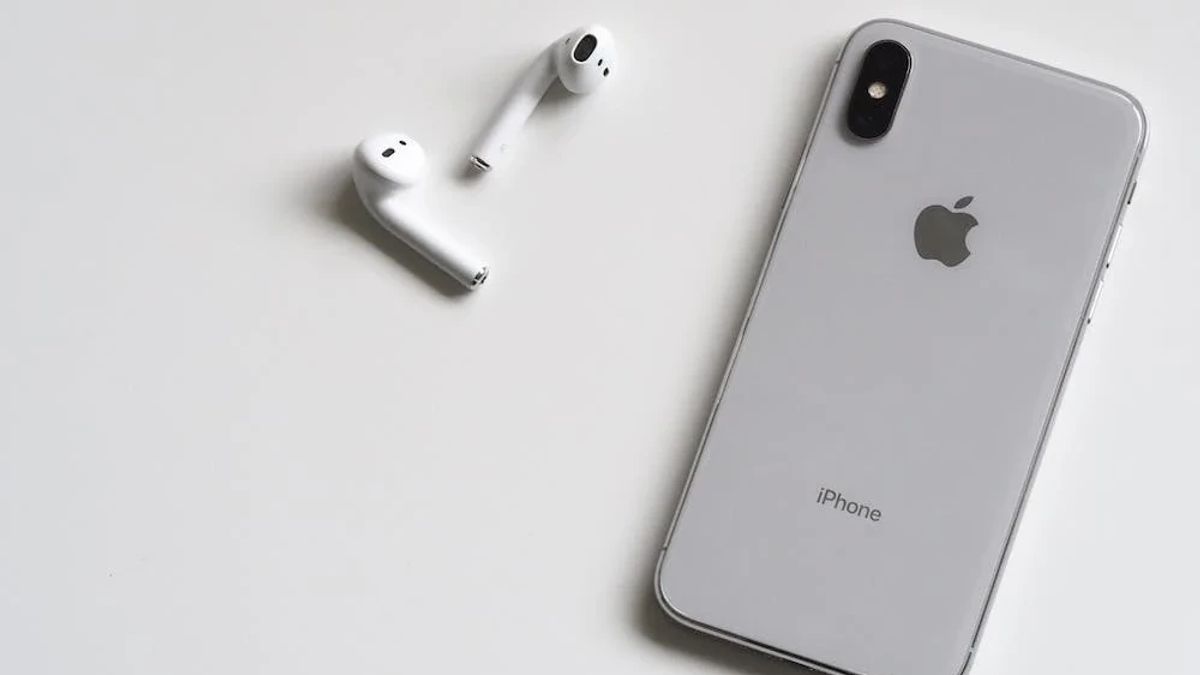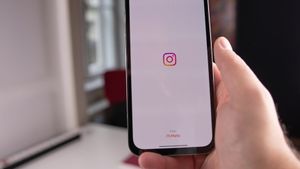JAKARTA - Apple introduced a new set of features designed for cognitive accessibility, vision, hearing, and mobility. One of the new features offered is the "Private Voice" feature, which allows people who may lose their ability to speak to create "integrated sounds that sound like them" for communicating with friends or family members.
Users can create Personal Voices by reading a series of text shown for a total of 15 minutes of audio on iPhone or iPad. This feature is integrated with Live Speech, so users can type what they want to say and Personal Voices will read it to anyone they want to talk to. Apple says the feature uses "machine learning on the device to keep users' information private and secure."
In addition, Apple also introduced a simplified version of their core app as part of a feature called Assistive Access, which is aimed at supporting users with cognitive interference.
This feature is designed to "screen apps and experiences to their core features to reduce cognitive loads." This includes a combined version of the Phone and FaceTime apps, as well as a modified version of the Messages, Camera, Photos, and Music apps equipped with high contrast buttons, large text labels, and additional accessibility tools.
In addition, there is also a new detection mode in the Magnifier that helps blind or low-vision users to interact with physical objects that have multiple text labels.
For example, users can point their device's camera at the label, such as a microoven key, which will then be read out by the iPhone or iPad when the user moves their finger along each number or setting on the device.
Apple also highlights a number of other features that will be present on the Mac, including ways for deaf users or who have hearing loss to connect Made for iPhone's hearing device with Mac. The company also adds an easier way to set text sizes in Finder, Messages, Mail, Calendar, and Notes on Mac.
Users will also be able to pause GIFs on Safari and Messages, adjust Siri's talk speed, and use Voice Control for phonetic suggestions when editing text. All of this expands Apple's existing accessibility features for Macs and iPhones, including Live Captions, VoiceOver screen readers, Door Detection, and more.
"The ease of access is part of everything we do at Apple," Sarah Herrlinger, senior director of Apple's Global Accessibility Policy and Initiative, said in a statement.
"This revolutionary feature is designed with input from members of the community with disabilities at every step, to support various users and help people connect in new ways," added Herrlinger.
The English, Chinese, Japanese, Arabic, and French versions are automatically generated by the AI. So there may still be inaccuracies in translating, please always see Indonesian as our main language. (system supported by DigitalSiber.id)













